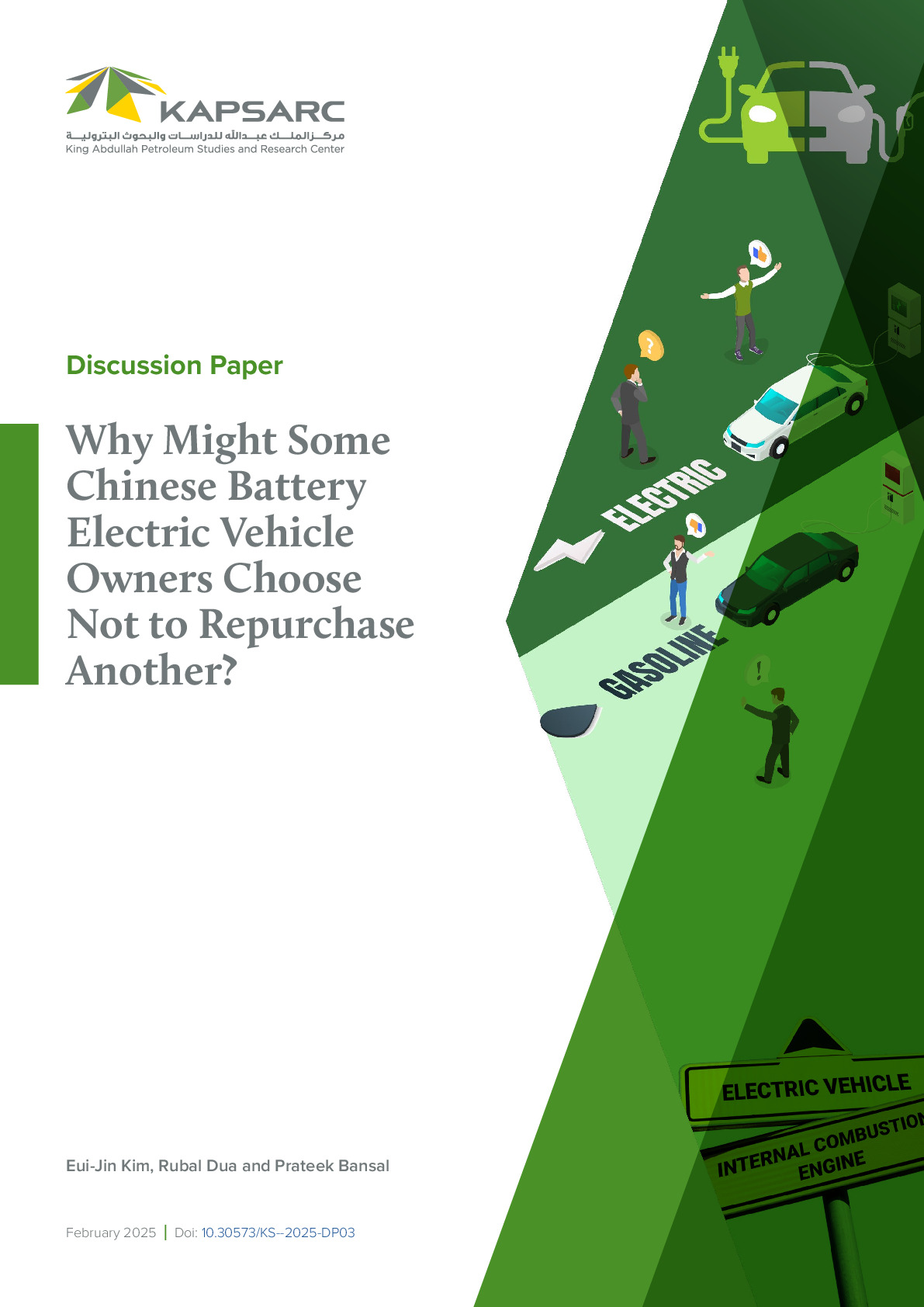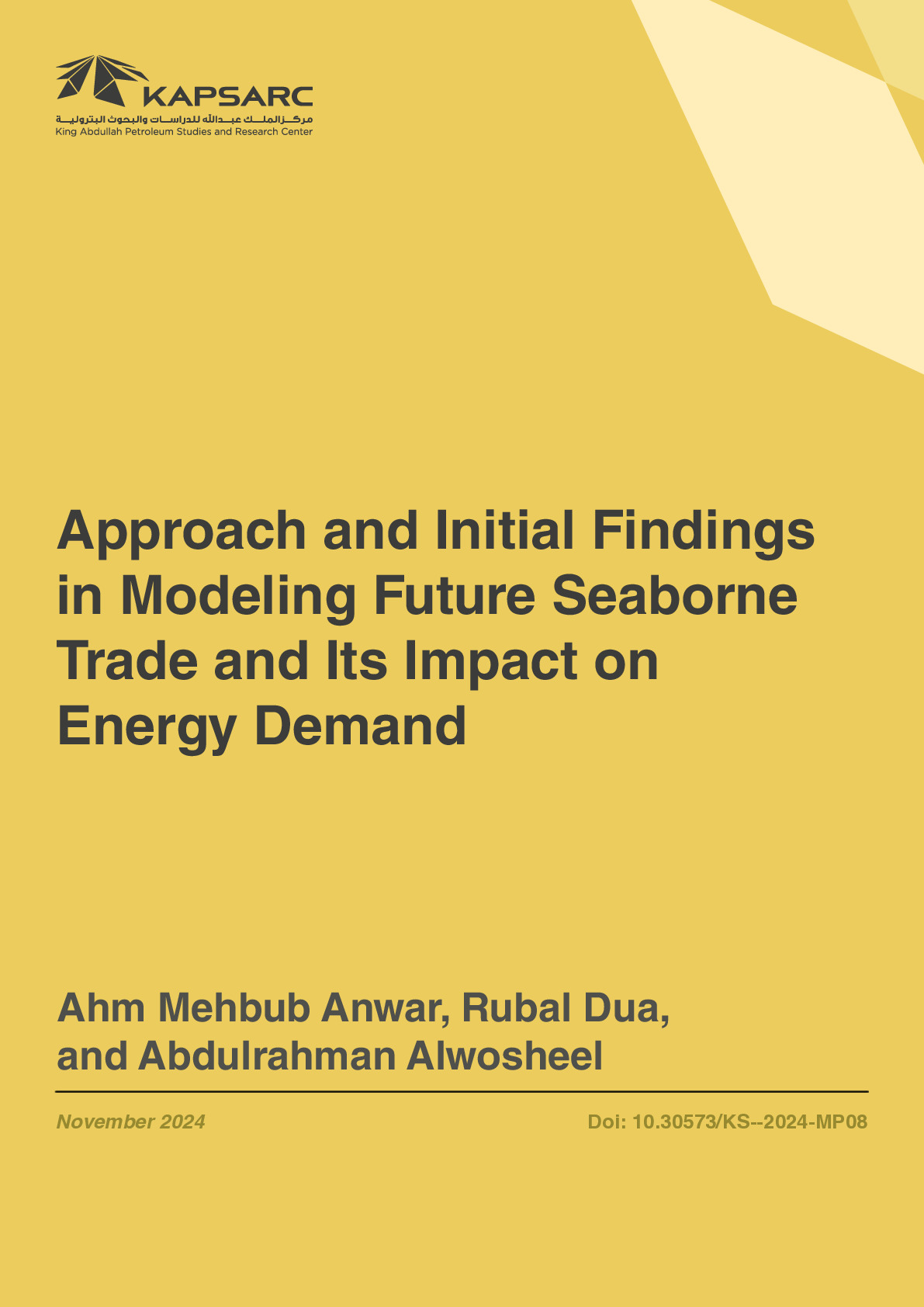Subsidies for promoting plug-in electric vehicle (PEV) adoption are a key component of China’s overall plan for reducing local air pollution and greenhouse gas emissions from the light-duty vehicle sector. In this paper, we explore the impact and cost-effectiveness of the Chinese PEV subsidy program. In particular, a vehicle choice model is estimated using a large random sample of individual level, model year 2017 Chinese new vehicle purchases. The choice model is then used to predict PEV market share under alternative policies. Simulation results suggest that the 2.5% PEV market share of Chinese new vehicle sales in 2017 resulted in China’s new vehicle fleet fuel economy improving by roughly 2%, reducing total gasoline consumption by 6.66 billion liters. However, the current PEV subsidy in China is expensive, costing $1.90 per additional liter of gasoline saved. This is due to a large number of non-additional PEV buyers, particularly high income consumers, who would have purchased the PEV regardless of the subsidy.

Principal Fellow- Transportation & Infrastructure
Rubal is a principal fellow at KAPSARC focused on understanding consumer decision making, in particular, consumer choice of energy-efficient technologies…
Rubal is a principal fellow at KAPSARC focused on understanding consumer decision making, in particular, consumer choice of energy-efficient technologies and mobility options under alternative technology and policy scenarios. Before joining KAPSARC, Rubal gained a Ph.D. at KAUST designing advanced carbon materials for energy and environmental applications, with a particular focus on energy storage, carbon capture, waste-water treatment, and hydrogen generation via solar water splitting. Prior to that, he worked at the University of Pennsylvania on a semiconductor industry-funded project, developing a continuum modeling framework for simulating the physics of micro defect formation in silicon crystals.
Expertise
- Behavorial decision science
- Consumer adoption
- Energy-efficient mobility and shared autonomous mobility-on-demand
Publications See all Rubal Dua’s publications

Why Might Some Chinese Battery Electric Vehicle Owners Choose Not to Repurchase Another?
Subsidies for promoting plug-in electric vehicle (PEV) adoption are a key component of China’s overall…
2nd February 2025
Approach and Initial Findings in Modeling Future Seaborne Trade and Its Impact on Energy Demand
Subsidies for promoting plug-in electric vehicle (PEV) adoption are a key component of China’s overall…
26th November 2024
